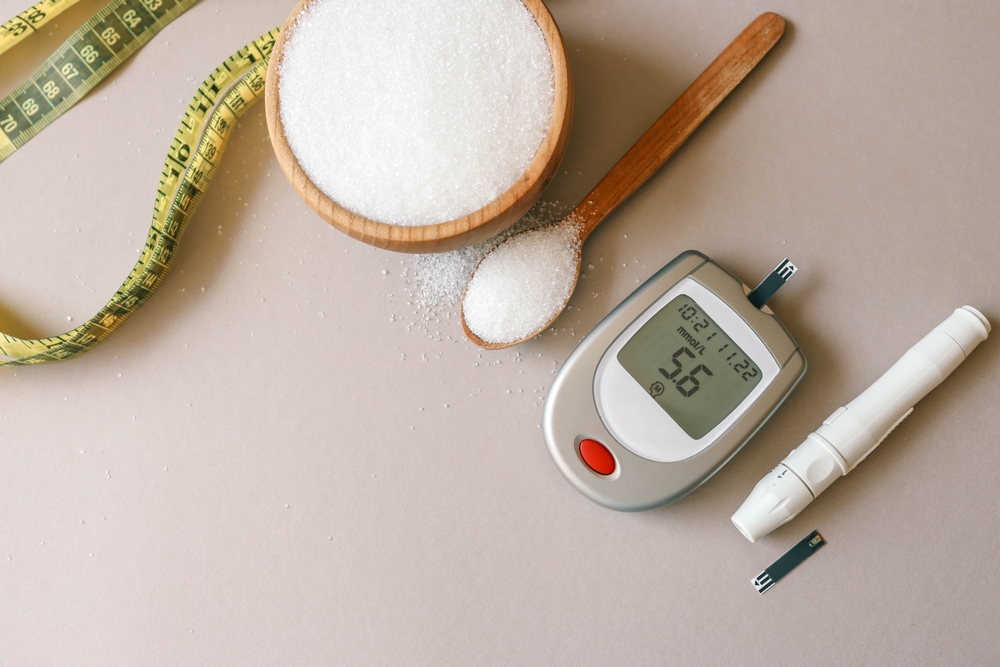Trying to suppress your appetite is not easy, and at times it is practically impossible. But regulation is possible. Appetite regulation is a complex process orchestrated by the brain, hormones, and gut communication networks to maintain energy balance and metabolic health. This system helps ensure the body gets the nutrients it needs, but it can be disrupted by various factors, leading to issues such as overeating or reduced fullness signals. Let’s explore how this intricate system works and what can throw it off balance.
How the Body Regulates Hunger and Fullness
The body uses physical and chemical cues to signal when it’s time to eat or stop eating, ensuring calorie intake aligns with energy expenditure.
Difference Between Physical Hunger and Emotional Craving
Physical hunger arises when the body needs energy. Symptoms like a growling stomach or fatigue highlight this biological need.
Emotional cravings, however, are rooted in psychological triggers such as stress or boredom. These cravings often drive us to seek comfort in specific foods—typically those high in sugar or fat—regardless of hunger hormones or actual energy demands.
Distinguishing between these signals is critical for maintaining a healthy relationship with food.
Key Hormones Involved in Appetite Control
Appetite regulation largely depends on hormones that either stimulate or suppress hunger, working in concert with the brain and gut-brain axis.
Ghrelin: The Hunger Hormone
Ghrelin is primarily secreted by the stomach when it’s empty. Known as the “hunger hormone,” ghrelin sends strong signals to the hypothalamus, the brain’s appetite-regulating center, to stimulate hunger. Its levels rise before meals and fall afterward, promoting short-term energy intake.
Leptin: The Satiety Hormone
Leptin, produced by fat cells, acts as the body’s built-in appetite suppressant. When fat stores are sufficient, leptin signals the brain to reduce appetite and increase energy expenditure. However, issues like leptin resistance—common in obesity—can impair the brain’s ability to recognize these signals of fullness.
The Role of Insulin, Cortisol, and Peptide YY
Insulin helps regulate calorie intake by modulating glucose levels and influencing satiety signals.
Cortisol, the stress hormone, can heighten cravings for comfort foods in times of emotional or physical stress.
Peptide YY, produced in the gut, works to slow digestion and enhance feelings of fullness after meals.
The Brain’s Role in Appetite Regulation
The hypothalamus plays a central role in appetite control, integrating signals from hunger hormones, the gut-brain axis, and external cues such as food availability. This neuroendocrine system helps balance energy intake by interpreting hormonal feedback. When working in tandem, the hypothalamus maintains metabolic regulation and supports energy balance.
The gut-brain axis plays a critical role in appetite and energy balance. The microbiome, which is home to trillions of microorganisms, not only aids digestion but also influences satiety signals and hormonal outputs, such as ghrelin and peptide YY. A healthy gut microbiome ensures effective communication with the brain, helping fine-tune hunger and fullness regulation.
Factors That Disrupt Appetite Regulation
Several lifestyle and dietary factors can impact how the body regulates hunger and satiety.
Poor Sleep and Circadian Misalignment
Insufficient sleep or irregular patterns disrupt circadian rhythms, throwing hunger hormones off balance. This often leads to elevated ghrelin and reduced leptin levels, which can heighten appetite and drive overeating.
Stress and Emotional Eating
Chronic stress increases cortisol production, promoting emotional eating triggers and impairing our ability to listen to natural satiety signals. This often leads to a calorie intake that is disconnected from actual energy needs.
Ultra-Processed Foods and Hormonal Imbalance
Foods high in sugar, fat, and artificial additives can alter the gut microbiome, impair the regulation of hunger hormones, and blunt satiety signals. Over time, excessive consumption of ultra-processed foods undermines the body’s natural appetite-suppressant mechanisms.
Can Appetite Be Rebalanced?
The good news is that even if appetite regulation is disrupted, steps can be taken to restore balance. Maintaining a regular sleep schedule helps improve circadian rhythms and eating patterns, thereby rebalancing hunger hormones.
Prioritizing whole, minimally processed foods supports the gut-brain connection and microbiome health. Incorporating stress management techniques—such as mindfulness or exercise—can help reduce cortisol-driven cravings, thereby helping to recalibrate the energy balance.
By addressing the root causes of dysregulation and adopting supportive lifestyle practices, it’s possible to restore harmony in the body’s natural hunger and fullness signals. If you are looking for more information or would like to talk to someone about appetite regulation than feel free to reach out at GetReliefRX.




